Yesterday afternoon, we stumbled on the story that the American swimmers, cyclists and shooters weren’t coming for the Youth Olympic Games (YOG) next year in Singapore.
After we posted the story on Red Sports, Channel NewsAsia and the Today newspaper ran the story subsequently, with the daily free sheet highlighting the fact that swimmer Quah Ting Wen will be too old to compete in the YOG by about four months.
"The Youth Olympics … is really set up more as a world-youth peace and educational program than it is as a high-level competition," said the US Swimming executive director Chuck Wielgus, according to a website run by the Washington Post.
What a pity for hard-core swimming, shooting and cycling fans that they won’t see the best of the young Americans here.
However it is not a total surprise because the organisers of the Youth Olympic Games, the brainchild of International Olympic Committee president Jacques Rogge, have been at pains to stress the cultural and educational aspects of the games.
At a recent event to highlight the culture and education programme for the 2010 YOG in Singapore, the Singapore Youth Olympic Games Organising Committee (SYOGOC) said the programme is a “key and unique feature of the Youth Olympic Games.”
"For the Youth Olympic Games, we have integrated the sport competition with the Culture and Education Programme (CEP). The CEP encourages greater learning, sharing and interaction among the athletes while inspiring them to embrace and live the Olympic values,” said Mr Goh Kee Nguan, chief executive officer of SYOGOC.
So the YOG is not just about sport. When not competing, the athletes are encouraged in their free time to take part in the programme. There is also an ongoing Olympic Education Programme in Singapore schools in the lead up to the YOG next year to give Singaporean youth a better understanding of the Olympics.
So how best to take the news that the YOG may not attract the best athletes from around the world? Let’s just take it as another feather in our collective ability to stage world class events in Singapore, in the same way we have done so for the Formula One Singapore Grand Prix.
Events like these put us as a country on the world map and put individual Singaporeans in the reckoning for global positions in the international sports community. It will be no surprise if this YOG will lead to a Singaporean gunning for the post of president of the IOC one day in the near future.
For two weeks, the world will come to Singapore, with 3,500 athletes expected. Only thing is – will Singaporeans turn out to welcome them or will we leave the stands empty like we did the Asian Youth Games?
We shall see.

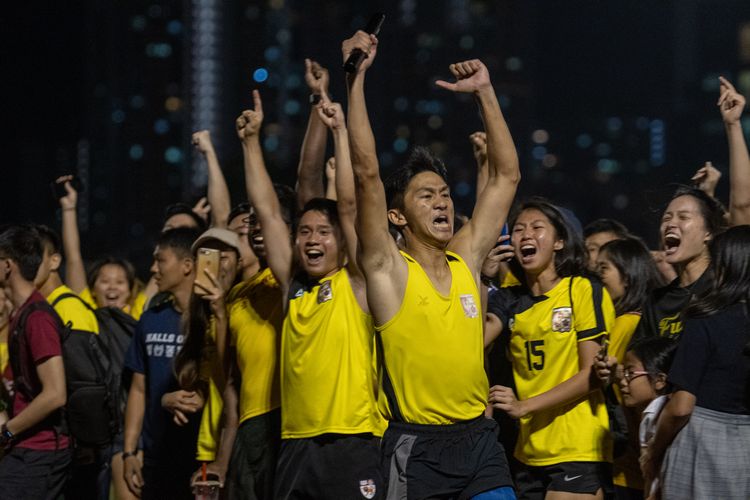
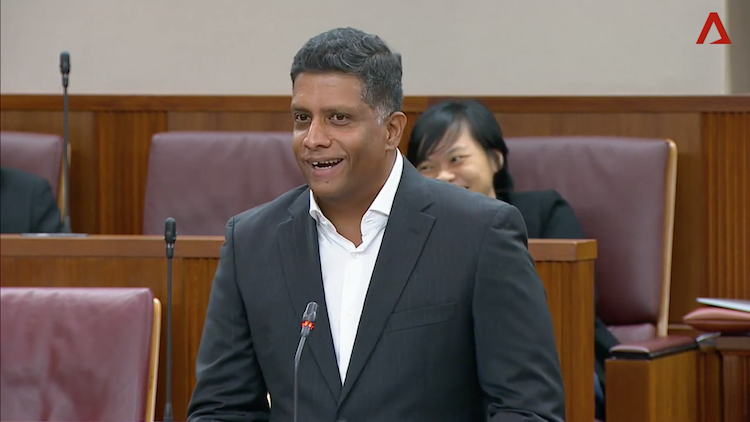
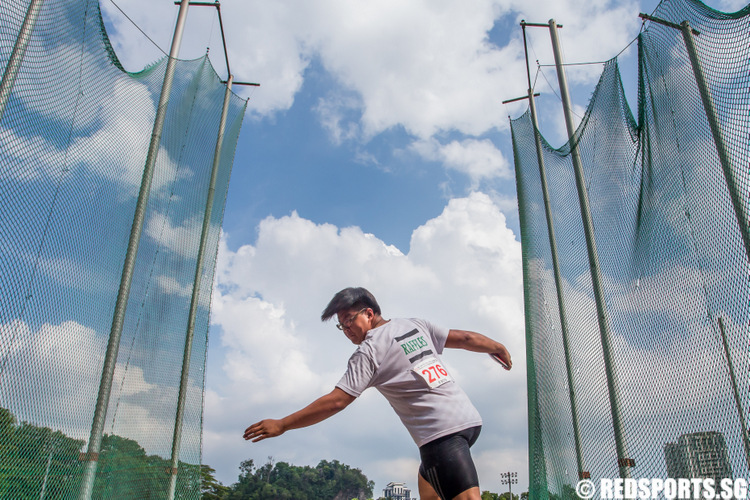
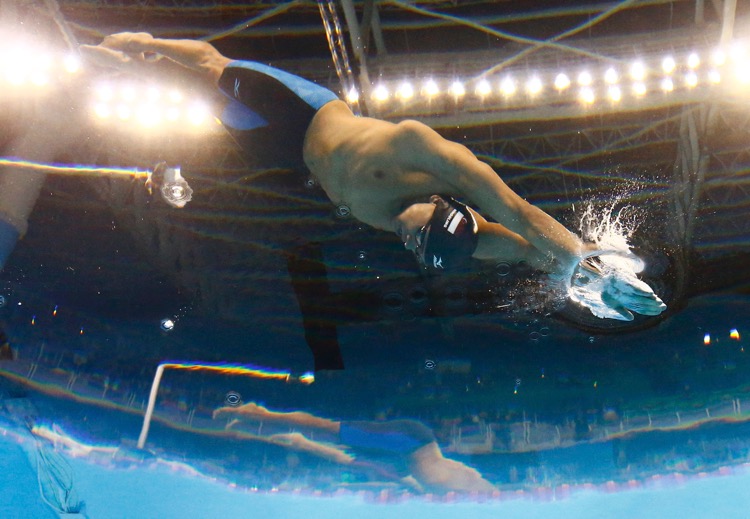

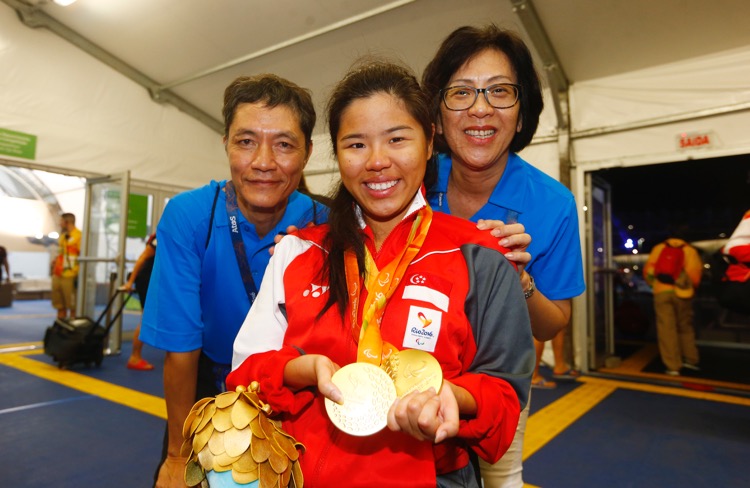

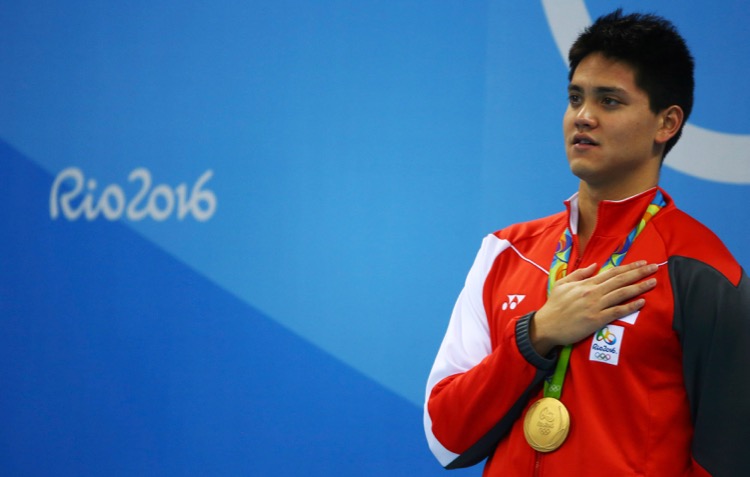

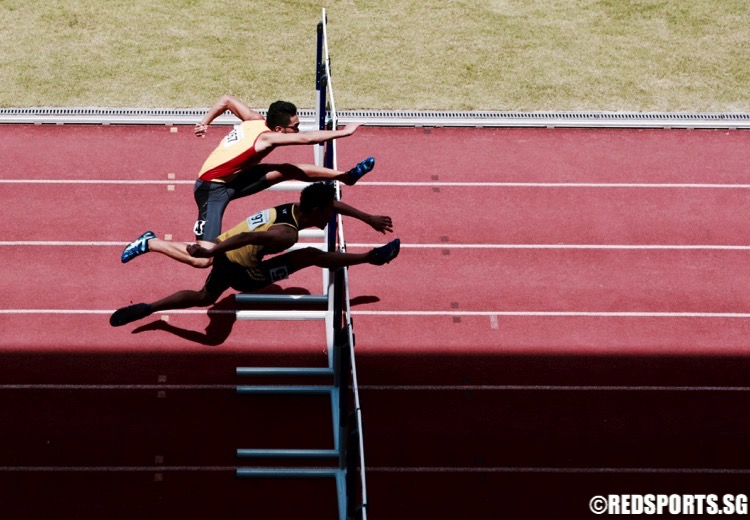
The YOG will fail after a few editions. You cannot try to duplicate the Olympics and then say, “oh let’s treat it as a festival, as a learning experience. let’s not give out medals”. That’s bullshit. All athletes, regardless of age, want to win. That’s why they compete. You want a Youth Olympics, you give them the real deal. Not try to pretend it’s a learning experience. No, it is a competition and should be treated as such. No wonder the Americans are not coming. They want to compete, they want to win. Not to come here and pretend to learn about culture, Olympics values and such.
Anyway, I cannot believe how retarded the Singapore media is. About half a year ago, it was already clear Singapore’s top swimmers Quah Ting Wen and Lynette Lim were ineligible for YOG, because they were born in 1992. Yet the media only found out recently? Cmon, the qualifying status has been up on FINA for so long. Do some proper research
In response to Jan’s comment, what’s interesting with regard to the perception that the host country benefits, is how Singapore has generally accepted that view without question.
There was much hand-wringing in Canada during the bid for Vancouver’s winter olympics next year and even after they’d won it. The environmental impact, undue focus on the host city at the expense of government investment in infrasturcture elsewhere, the financial losses that may result. This especially in light of the 1976 Montreal Olympics which was seen as the worst financial outcome (hence the commercialisation of the 1984 LA OG). It must be noted that the losses of 1976 have been criticised as inflated cos they’ve included roads, highways into the outlay for the Games and some point out that they continue to be of benefit today. (but then again, others may disagree)
China’s OG may be hailed a success now, but looking at the citizens displaced to create a happy picture for visitors, the wasted sites like the water cube and even the birds’ nest stadium which will take huge sums to upkeep. Even Sydney 2000 had its dark side. Aboriginal Australians were ‘removed’ from Homebush to make the Olympic Park more ‘presentable’. I never heard that before a lecture on the games.
So I wonder if Singapore will really undertake an honest cost-benefit evaluation. Was there on after F1 last year/this year? After the AYG? My dad’s a principal and the schools were quite mobilised for the AYG (As Les quite honestly phrased ‘bussed in’ 🙂 ). Will it be worth it? And why hasn’t this been brought up thus far? (as it was with Chicago’s bid for 2016)
To Les…maybe they should have called it the Youth Olympic Festival. They used to have the Europe Youth Olympic Festival, didn’t they? And I think Australia used to have the Youth Olympic Festival, too. Anyway, I don’t think we can expect countries to send their top development athletes when YOG will be more of a sports festival than a true elite sports event.
@Les – Yeah I’d echo @Renuka and @REL’s sentiments, the only party that benefits from YOG seems to be the host and no one else, which accounts for the general lack of attention of it across the world.
Though I don’t think its a miscalculation on IOC’s part so to speak, but rather the trend seems to be an inclination for sports to be used as a vehicle to advance other ‘global agendas’ in a positive way.
Such as Beijing hosting 2008 OG and India to host the 2010 Comm Games have a lot to do with assisting these nations to “open up” their markets and educating the world about the rising Asian powers and to assist in alleviating poverty through sports. Just as how Rio de Janeiro won largely because making them 2016 host is a means to help alleviate poverty in the South American region. Likewise, South Africa for World Cup, Laos for SEA Games etcetera.
With the YOG then, it is an opportunity for Singapore (more than economic benefits for the country and the ASEAN region) to beef up our youth sports culture through a huge sports carnival of such – there just isn’t any tangible benefits for the other participating nations (the costs would likely outweigh the benefits for them).
On that note then, you’re right to say that kids need to be bus in to be part of this ‘sports carnival’ so as to stay true to the core “purpose” of hosting the YOG. There has to be a shift from commercial benefits and/or an over-emphasis of elite-performance. (Makes me think how we should be doing our coverage for this, ha!)
There will have to be a “purpose” for whoever wants to host the AYG and YOG after us, for instance, Korea is only hosting AYG 2013 as it is a handy “practice run” for the real Asian Games in 2014.
I posted the following comment on the other story before I saw this one. I’m in agreement with Renuka. There has been virtually no discussion of YOG in media overseas, leaving me to wonder how many other countries will try a similar strategy or simply send third-stringers. No athlete in a serious development programme will want to use time for an event that doesn’t meet true IF competitive standards–will they? Think about the typical training schedule: train, overload, recovery, train, overload, recovery–all to peak at specific competitions. But does YOG meet the regular IF formats? As of last week, the websites for Japan, Korea, France, Germany, UK or China did not even have links to the YOG website. Only Canada had a link on the home page. How are people overseas supposed to get enthusiastic about the Games when they aren’t being promoted anywhere but Singapore or on the IOC site? This week I notice that the Olympics.org has English-language pages for many countries, which now have links on YOG. but the home sites in the home languages do not. I think Jacques Rogge and the IOC may have miscalculated on this one.
@REL: I guess the emphasis is not on elites so that other countries who would never smell regular Olympic competition can get half a chance of taking part. It’s going to be one big sports festival, I guess. The cultural and education programme takes a bit of getting used to only because we think pure sport but the IOC is not thinking about just that. Anway, it will be interesting to see how Singaporeans at large make their judgement about the game with their presence in the stands.
Thanks for the external perspective, Renuka. Useful ; )
IS TOM DALEY COMING?
Perhaps some level of managed expectations is required here?
Having had the experience of looking in on the whole YOG-bid and planning from another country, it’s really quite amusing comparing the complete media saturation in Singapore vs zero coverage in Australia (or in the NYTimes which we get sometimes as well).
Just as I suppose the F1 was very much the focus in the media there and the Sydney Olympics would have received a disproportionate representation within Australia at the turn of the century, it might be worth noting that most of the rest of the world really hasn’t heard of the YOG.
Lots of North Americans and Europeans here at college weren’t quite sure what all the talk of Delhi potentially missing the mark on organising the C’wealth Games was.. and the C’wealth games have been around far far longer than the YOG!
Regardless, I’m sure those who do go along to it will enjoy themselves. It might be startling, the performance of some of these athletes. For eg., junior athletes here in Oz regularly run well under 2:00 and 1:55 for an 800m, something only a select few senior athletes manage in Sg
The catch-22 is, if its not *really* about the competition then will spectators still be willing to pay to watch the games? It feels more like a sports festival/celebration.
@jan: We’ll probably have a hard time filling the stands with Singaporeans unless the kids are bussed in.